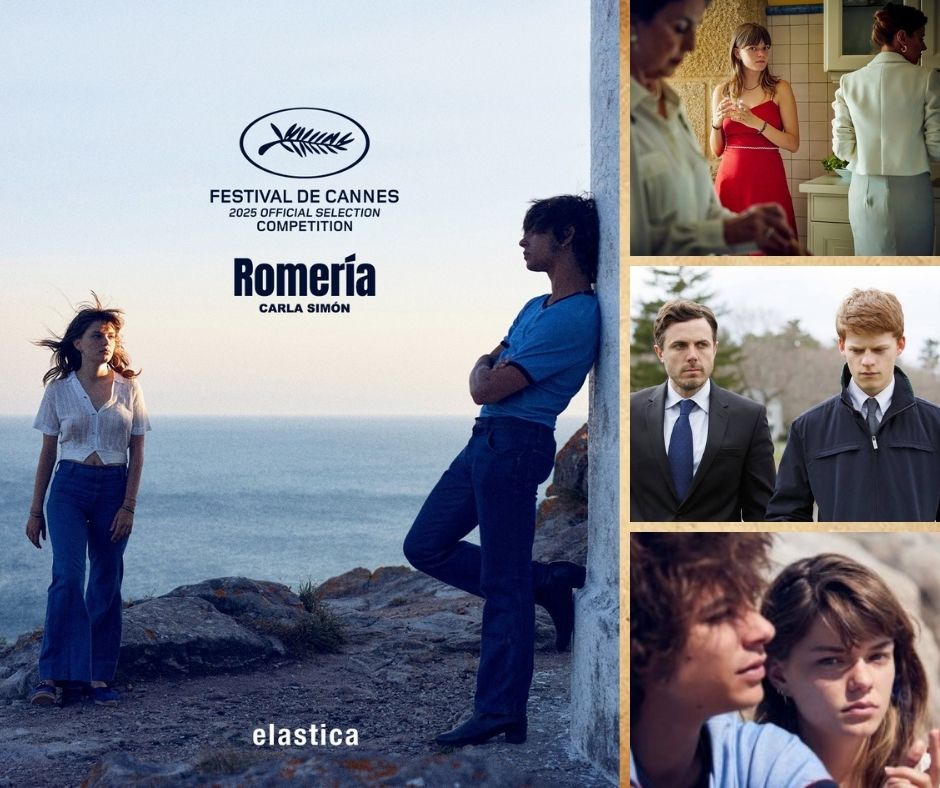Romería
Beautifully Felt, But Emotionally Elusive

Carla Simón’s Romería is a (very) quiet, introspective film that continues the director’s exploration of familial memory and loss, once again inspired by her own life, with an avatar standing in for herself. Set in the early 2000s, it follows Marina, a Barcelona teenager and aspiring film student, who travels to Galicia to retrieve documents from her estranged grandparents—paperwork she needs for a scholarship, but also an excuse to uncover the truth about her late parents, both of whom died from heroin use and AIDS. Her personal pilgrimage blurs reality and memory through dreamlike sequences, Super-8 footage, and moments of eerie stillness. The natural light, loose rhythm, and multilingual texture (Spanish, Catalan, Galician, French) give the film a tender, observational tone—but also a meandering quality that can test one’s patience.
At its best, Romería is incredibly delicate. There’s something quietly powerful in the way Simón lets us drift alongside Marina’s uncertainty and longing. Llúcia Garcia gives a grounded, honest performance that brings emotional weight to the film’s more lyrical style. For a while, we’re right there with her—trying to decode family secrets, unsure of who’s hiding what or why. But as answers start to emerge, the momentum fades. The layered investigation begins to feel repetitive, circling its mystery with diminishing urgency.
When the film finally reveals the core of its story—through a stylized and extended flashback—it’s delivered with visual grace but lacks emotional punch. The secret itself feels underwhelming, especially considering how much has been implied, particularly in moments like the grandfather offering hush money, which strongly hints at something deeper. These threads stay too buried. The film’s resistance to clarity is understandable, but here it leaves the emotional payoff out of reach. One well-placed scene—a confrontation, a confession, or even an earlier flashback showing the couple before they met—might have given the story the weight it needed.
Carla Simón’s Romería offers a tender, dreamlike journey into family memory and loss, but its emotional payoff stays frustratingly out of reach. Marina disappears, then reappears, and somehow that’s enough to resolve everything—but the resolution doesn’t quite feel earned. Still, what lingers is the film’s texture: the haziness of memory, the ache of things left unsaid. Simón may have kept too much in the margins, but there’s no denying the atmosphere she creates. Romería is personal, fragile, and beautifully felt—even if the experience is easier to admire than to fully embrace.